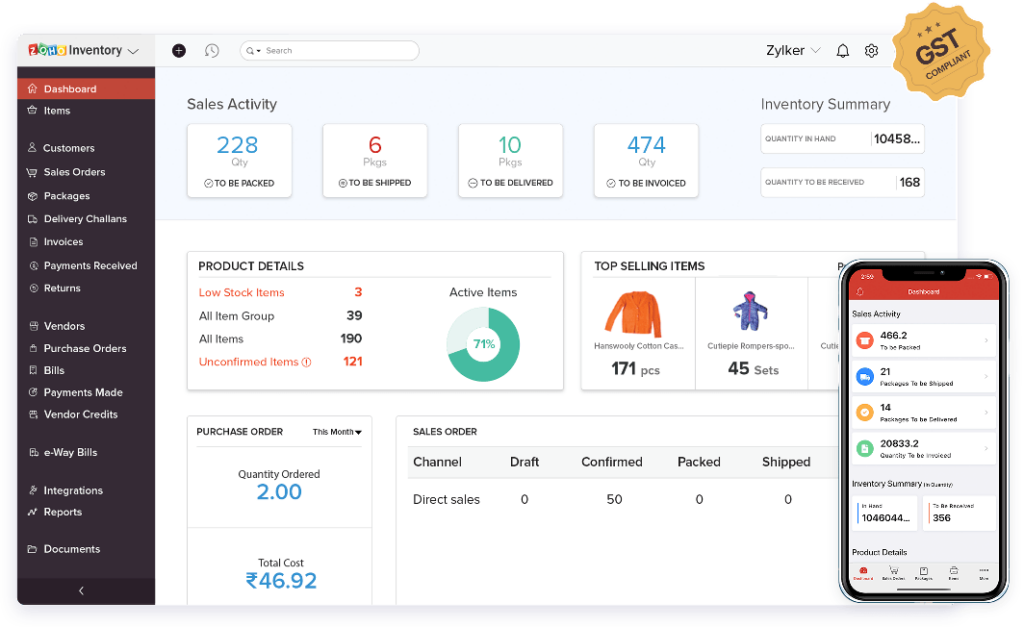
What are keywords?
Keywords will be a big part of our business and the SEO optimization process as a whole. Keywords are the most important part of marketing. If you don’t know what keywords are and how to use them well, we may have to go in a lot of different directions.
Keywords are the best way to explain what our pages are about and what they are about. Keywords match what users are looking for. Google When someone searches for some words on the Internet, Google will bring up the web pages it has indexed. If we have a page whose topic just matches the user’s search, then we will show up in Google’s search results.
Keywords are the words that users can use to find our page when they search for something. Keywords are very important because they tell us whether or not we can get views.
What’s a long tail keyword?
Long-tail keywords are often mentioned when we talk about SEO. Long-tail keywords are very important, according to everyone. What exactly are long-tail keywords, and why are they important?
First of all, a long-tail keyword is a group of keywords with a lot of words. It could be a phrase, sentence, or other piece of writing with more than 4 words. One example of a long-tail keyword is the question we often ask.
ThThe long tail is driven by extended search queries in Google. Long search intent shows what people are looking for. Is “26 black nike sneakers” a better search term than “nike shoes”? It’s obvious which product people want.
Long-tail keywords also don’t get a lot of traffic, so there aren’t as many people competing for them. Everyone wants to use words that get a lot of traffic and get more traffic. Because of this, there is no competition when we use long-tail keywords with low traffic. So intense. If there isn’t a lot of competition, we can focus on content and rankings and move up quickly.
Lastly, the ranking of a single long-tail keyword may not have much of an effect on the overall ranking of our website. However, the ranking of a large number of long-tail keywords will increase the overall weight and ranking of our website, which will drive other keywords. Those high-traffic words are also part of the process of making word rankings better. Because of this, there are still some chances for long-tail keywords. Long-tail keywords with low traffic, low competition, and high conversion rates may rank faster.
What is Keyword Search Volume
Most SEO indicators are keyword searches. In keyword analysis, we usually focus on keyword search volume. The amount of searches helps us analyze each keyword’s popularity. Estimate our keyword search volume if ranked.
Keyword search volume is the number of times a keyword was looked up over time. A given time usually indicates a year, and a certain range usually means Google’s average number of searches for a keyword in a year. A number of keyword searches. Because SEO tools collect and interpret data differently, keyword search numbers may vary. These programs estimate keyword search volumes using Google keyword planner, therefore their results will differ. Distinctive.
Keyword search volume can estimate how often a keyword is searched over time. Two reasons prevent every search from being clicked. Google is now focused on user requirements, and I hope it can meet them soon. Some questions, like those below, can be answered without clicking through.
Another reason is that your keywords rank too low, so even if people see your ads, they won’t click on them. So, keywords with a lot of searches don’t always mean more traffic coming in. There are a lot of other things to consider, like clicks, search intent, ranking, etc. We don’t look for keywords with the most searches when we do keyword research. Instead, we look for keywords with the most opportunities and the most value.
The number of searches may not tell us everything we need to know about our keywords. A few more questions, like:
If this keyword ranks, will it get more clicks?
Will this keyword help our business? What will the conversion rate be?
How do you get to the top for this keyword?
How much traffic does this keyword get compared to other keywords that are similar?
Can I do better than the page that ranks first for this keyword?
How Hard Is It to Find a Keyword?
When we use SEO tools to do keyword analysis, we often see a field called “keyword difficulty,” which tells us how hard it is to rank for that keyword. Keyword difficulty is a way to figure out how hard it is to get a certain keyword to show up on the first page of Google’s index. Also, if the keywords are hard, it will take you a lot of time and work to get on page one.
How do SEO tools usually figure out the difficulty factor of a keyword?
SEMrush, To determine the keyword’s difficulty factor, Semrush considers the ranking page’s authority, content quality, amount and quality of backlinks, whether they are follow or nofollow, and other keyword information.
The difficulty of keywords lets us make a first guess about how hard it will be to do this keyword and how much work will be paid. This keyword difficulty metric can be used to analyze and change the keywords we choose. It can also be used to figure out what kind of content plan we should have and how many resources we should use to rank for it.
What are the target keywords?
Target keywords are the search terms you want to rank for that best describe the topic of your page or article. There should be a set of keywords for each page. Different pages have different keywords that they want to rank for. If the target keywords of two or more pages are the same, the page’s content may be duplicated or the page’s keywords may be lost, which could hurt how the page is indexed and how well it works. ranking.
Each keyword has the potential to become a target keyword. Whether or not a certain keyword can become a target keyword depends on your page’s theme, keyword strategy, keyword search volume, keyword difficulty, keyword type, keyword Trends, the value of keywords, etc.
A keyword analysis is a very thorough way to find out what the target keywords are.
After doing a keyword analysis, we might choose as the target keyword a keyword that is valuable, has a low level of competition, and can be ranked quickly. So, when people search for this keyword, our page just uses it as the target keyword and ranks high, so people will click to go to our website.
What Does keyword Cannibalism Mean?
Keyword cannibalism is when different pages or blog posts on our site cover the same topic or use the same target keywords. This makes them rank for the same search query in Google. When two pages that have a lot in common are ranked for a keyword, when someone searches for that keyword, Google shows them both. There’s no way to tell which article or page should rank highest for a search. In other words, Google will show your two pages at different times, which is the same as competing with yourself and hurting each other’s chances of ranking.
Also, when you make backlinks or do other marketing activities, the same or similar anchor text may go to different pages. With so few links to other sites, our pages will lose their weight. But if these backlinks all lead to the same page, this page’s authority will grow faster and it will be easier to rank.
Keyword cannibalism can hurt a website’s ranking, so we need to be aware of it. As a website grows, the risk of keyword cannibalism goes up, and we may target a topic key by accident. Word has written a lot of articles that hurt our website in ways we can’t see. So, we need to check our website’s keywords every so often to see if there are more than one page that ranks for this keyword. Once we find it, we’ll fix it right away.
How Many Keywords Are There?
Keyword density is the number of times a keyword shows up on a web page or piece of content as a percentage of the total number of words. This is also called keyword frequency. For example, an article with 1000 words and 26 uses of a keyword has a keyword density of 2.6%.
Keyword density has always been thought of as a factor in how well a site ranks. In the early days of SEO, when Google’s algorithm wasn’t as smart, pages with a high keyword density could rank quickly. However, with the update to Google’s algorithm, it’s no longer enough to just stack keywords. If it works again, Google may see it as over-optimization, ranking manipulation, etc.
Now, though, there aren’t enough keywords, so Google might not be able to figure out what the page is about. Google will think you are keyword stuffing if you use too many keywords and will flag or punish you for it. So what is the right amount of keywords? In fact, there is no clear rule about what percentage is the best keyword density. However, some senior SEO experts have done a lot of research and believe that if a web page has 200-word paragraphs, then it should have a keyword that is about once every 100 words. But this is just a suggestion and not a hard and fast rule.
Overall, the right keyword density can make your page’s theme clearer, make it easier for Google to understand your page, and make it easier for it to match users’ search intentions, which can lead to better rankings.





